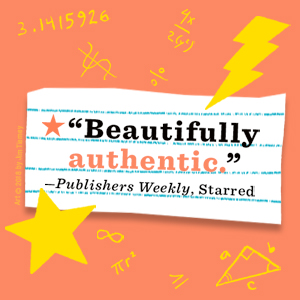Tag: school
-

Review: Getting gifted homeschoolers (almost) right
As a teacher of gifted learners, I am always interested in how they are portrayed in kids’ books. Generations of smart kids had to see themselves portrayed as clueless, clumsy, antisocial idiot savants. The Miscalculations of Lightning Girl avoids almost all the tired all tropes.
-
“What do you have against the public school system?”
It’s the sort of question homeschoolers report receiving in stores, at the Thanksgiving dinner table, while pumping gas… In this case, it was in the hot tub at my health club. He prefaced the question by explaining that public education “was sort of a family business,” with relatives working as teachers and administrators. When he…
-
4 reasons why schools shouldn’t play “immigration police”
In using schools to get at illegal immigrants, Britain is doing the wrong thing. Our government is currently doing the right thing. Let’s keep it that way.
-
The way we do it
Until recently, pretty much every mention I found of homeschooling in the mainstream press looked nothing like what we do at our house. Or nothing like people I know do at their houses. And definitely not like what the homeschoolers I know do when they’re out of the house, which is in general a significant…